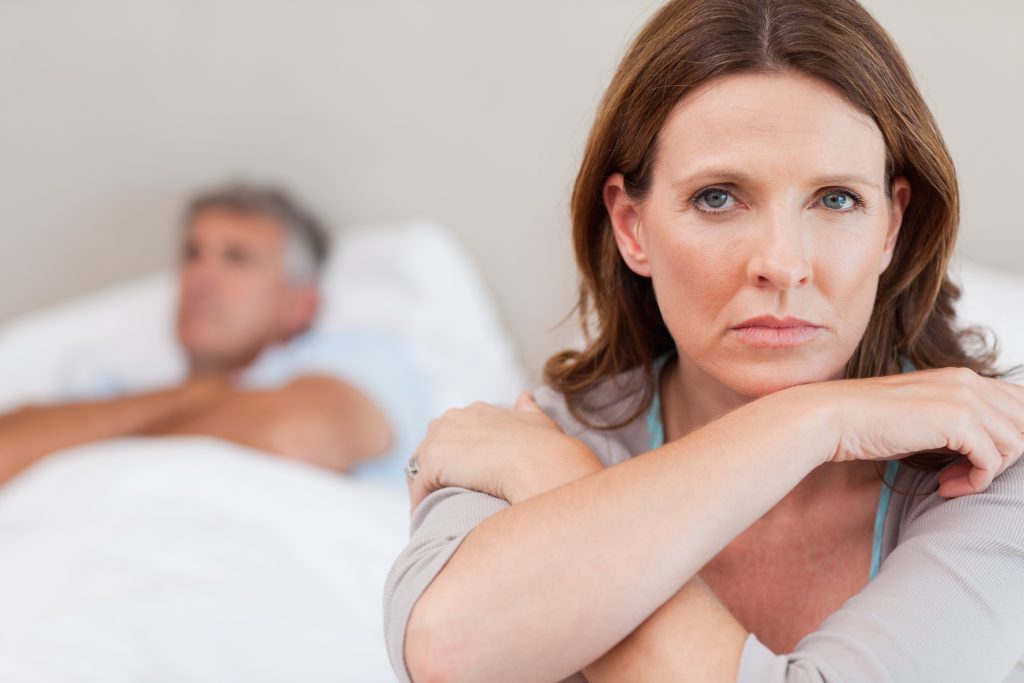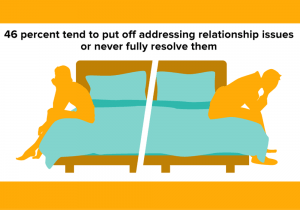
Hypoactive Sexual Desire Disorder (HSDD)
Sometimes you want sex, sometimes you don’t. That’s normal. Every woman has her own level of what is considered “normal” based on their own experiences and biology.

When a woman becomes sexually aroused, her body will respond with physical changes—vaginal lubrication, swelling and tingling in the genitals. Typically, she’ll experience emotional or mental excitement as well. For some women, though, this arousal response doesn’t happen as expected. The desire may be there, but the body or the mind (or both) don’t respond.
This type of sexual difficulty, referred to as sexual arousal disorder, can happen for many reasons. Some of these are emotional in nature, such as stress and anxiety, or problems in a relationship. Behavior factors like alcohol or smoking could also be to blame, as could certain medications. For example, some antidepressants have been linked to sexual difficulties including decreased desire or sexual arousal.
Sometimes an underlying medical condition may contribute to the problem. Vascular and neurological problems can create issues with arousal, so women with diabetes or multiple sclerosis may experience arousal disorder related to their chronic illness. Hormonal changes that come with aging may also play a role.
Whatever the cause, problems with sexual arousal can be addressed. A trusted healthcare provider can help determine what may be behind the problem and indemnify any underlying medical issues that could contribute. (Click here for some questions that can help start a conversation with a provider). Therapy may also be an answer. Couples therapy can aid with relationship issues. A sex therapist can help with finding and fixing sexual problems. And one-on-one therapy can work to build sexual confidence and explain how past or recent sexual experiences may be affecting you currently.
In addition to seeking professional help, there are some steps that you take that may help your ability to become sexually aroused:
Listen to ASHA’s three-part conversation with sociologist and sexual health expert Dr. Pepper Schwartz on female sexual difficulties. She discusses the range of female sexual difficulties, the impact of sexual difficulties on a relationship, and offers practical advice and resources for women (and their partners). You can listen on ASHA’s website, on Apple Podcasts, Spotify, or our podcast site.

Sometimes you want sex, sometimes you don’t. That’s normal. Every woman has her own level of what is considered “normal” based on their own experiences and biology.

Sex shouldn’t hurt…But sometimes it does. Between 10% and 20% of women in the U.S. experience persistent pain during sex—a condition referred to as dyspareunia.

For some women, reaching orgasm can be difficult. Fortunately, there are steps you can take to address the problem and have a more satisfying sex life.

Sociologist, sexologist and relationship expert Dr. Pepper Schwartz joins our Sex+Health podcast for a three-part discussion on the range of female sexual difficulties and offers practical advice and resources for women (and their partners).

If you struggle with incontinence and have concerns about leaking during sex, you’re not alone. The American Foundation for Urologic Disease reports that one in three women with stress incontinence avoids sex due to fears of leaking during intercourse or orgasm. But incontinence during sex

Why aren’t couples talking about sex? Despite increasing public acceptance of sex as an everyday topic and a trend towards more empowered health consumers, people continue to feel uncomfortable talking about sexual health issues—even behind closed doors.

An important part of overall sexual health is healthy sexual functioning—being able to experience sexual pleasure and satisfaction when desired.
ASHA believes that all people have the right to the information and services that will help them to have optimum sexual health. We envision a time when stigma is no longer associated with sexual health and our nation is united in its belief that sexuality is a normal, healthy, and positive aspect of human life.
ABOUT
GET INVOLVED
ASHA WEBSITES
GET HELP
© 2025 American Sexual Health Association